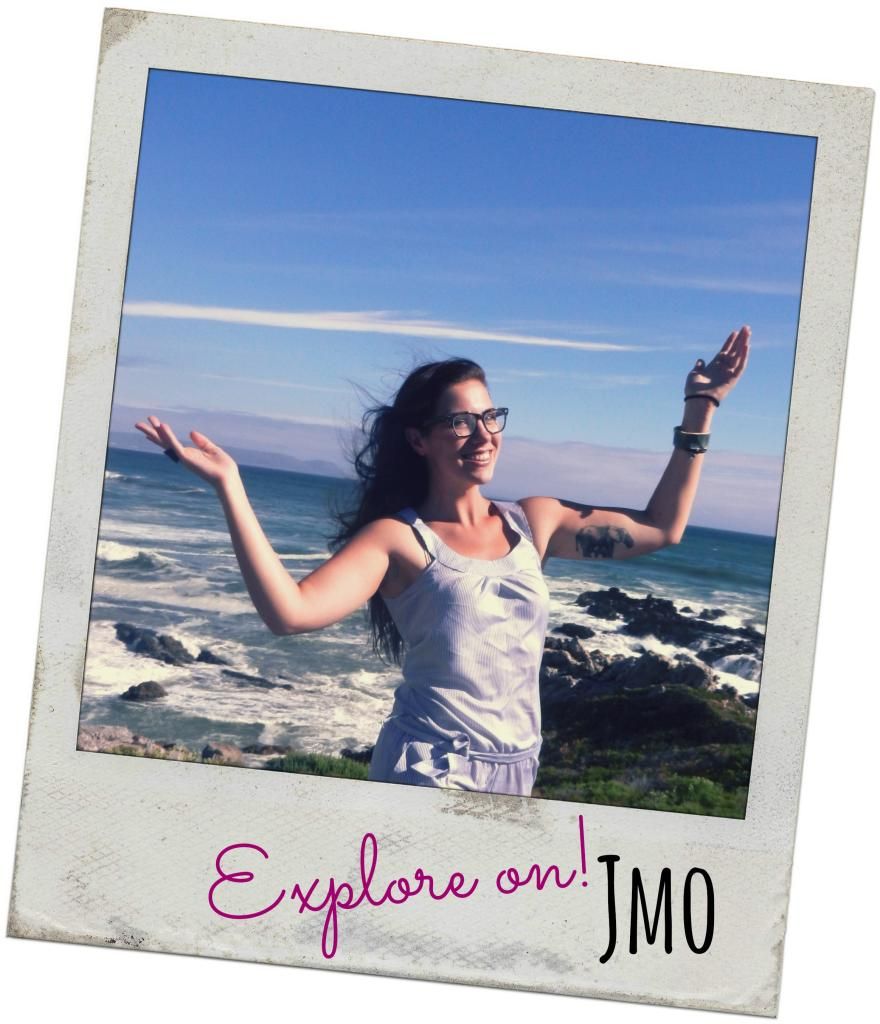Our South African Marriage Story
7 months and one day ago today, Chris and I were married. 4 hours later, the ink barely dry on our marriage certificate, I boarded a plane back to the US and we were involuntarily separated for 3 months.
After a brief reunion of a month and a half back in South Africa, I had to return back to the US where we are currently enduring our second stint of 3 month, long-distance, wedded bliss.
Why such a lonely and distant honeymoon? Buckle up, and please put your seat-backs and tray tables in their upright and lock positions. It’s a long and bumpy ride.
Firstly, (and ironically) Chris and I decided to sign to be married, prior to having a formal wedding celebration with our families, so that we could be together in the same country for longer than 90 days at a time. My student visa that had allowed me to stay in South Africa had expired, and being in the country on a tourist visa I could only stay for less than 90 days at a time without returning back to the US. Visas being visas and our countries being so far apart, bearing the cost and time of a $1,000+, 22 hour-42 hour plane ticket back and forth every 3 months just wasn’t feasible, nor bearable any longer. So we decided to sign in South Africa so that I could acquire a ‘relatives visa’ in order to stay in the country for a longer period of time. To obtain this visa, we needed a marriage certificate, along with numerous other documents.
However, to simply get married, as a foreigner in South Africa (or in any country for that matter, I can imagine), is an arduous task. We began the process months prior, as we needed to acquire a long list of ever-changing documents, from bank statements to copies of my parents’ passports (I’m 30. I know, right?), in order to validate our relationship and be interviewed and cleared by a South African immigration officer at the Department of Home Affairs. We attempted to present our documents and schedule our interview many, many times.
The Department of Home Affairs in Centurion, South Africa is a chaotic building of concrete that looks like a prison. And it functions much like one as well, on account that no one wants to be there and it seems to function on a hierarchy system of: ‘you scratch my back and I’ll… see what I can do’.
The immigration department at HA is conveniently open from 8am-830am, as the immigration officer leaves each morning at 830am to be at court. But, sometimes the guards do not open the gates until 820am. Needless to say, people start lining up outside the building around 6am for their chance at the HA-lottery. We stood outside in this line numerous times, only to be turned away with another document to chase and another fee to be paid; some of them being “informal” fees, if you catch my drift.
Finally, after weeks and weeks and many trips to Home Affairs and various immigration services (I’ll spare some of the details.) we were able to acquire all of the documentation needed for our interview the Monday before my flight back home for three months: I was leaving that Thursday. tick tock, tick tock...
However, after gleefully plopping down all of our documents on the HA office desk that Monday at 8:04am, the immigration officer, Mr Shay, quickly peels through our papers and decisively says, “Ok, now let’s schedule your interview.”
- “Sir, I’m leaving this Thursday.”, I urge and remind him. (We still need to be married, mind you. This is only the clearance interview so that we CAN be married.)
- “What time on Thursday do you leave?”
- “7pm”
- “Okay be here at 8am on Thursday.”
Though chaotic and beyond last minute, it was progress. We had an interview appointment. Thursday 8am it is.
Thursday arrives and we wait outside the gate, happy and ready to start the rest of our lives together. We make our way through the crowds of people to the dim, army-green back office we’ve seen so many times before only to find the familiar face of Mr. Shay not there. We ask his assistant, where he is seeing that we have an appointment and knowing full well that he leaves for court in 25 minutes.
- “Oh. He’s in Zimbabwe.”
Oh. Oh of course he is.
Defeated, I admittedly begin to cry a bit. “No, no, no. We have an appointment and I’m flying home today.” I plead and Chris begins to fume.
- “Sorry. He’s in Zimababwe deporting someone. I can’t help you.”, the assistant says barely glancing at us as he walks past.
After some arguing and perhaps a bit of sympathy, his assistant finally calls Mr. Shay in Zimbabwe: “He’s made other arrangements for you downtown. Go have your interview there. Ask for Precious.”
Chris and I rush to the car and drive to Downtown Pretoria. Mind you, we had the option of attempting all of our paperwork at this office to begin with, but due to the general chaos and safety concerns surrounding Pretoria’s CBD, we opted not to. So much for that...
Chris decides to park at a McDonalds near by because we figured an international chain would have some type of security measures in place in their parking lot (more on that later) and walk to the Home Affairs office. Outside of the office is chaotic. Clusters of people are gathered on the steps of what looks to be a 1970s apartment building rather than a government office, waiving papers and attempting to navigate their own ways through the cluttered mass.
We find our way upstairs to a small, concrete hallway-like room full of people waiting from all over greater Africa where we are told to sign in on an archaic, War & Peace length of a registrar and wait. tick tock, tick tock... Finally our names are called and we follow a very hard-looking woman wearing a mesh, camouflage tank top down a short corridor and are told to wait in the “boardroom”. This “boardroom” used to be a boardroom at one time I’m sure, but it now looked now as if they were barricading themselves in for the zombie apocalypse. Filing cabinets were strewn about with every drawer violently disassembled. Files were tossed about in crumpled up heaps, and office chairs were thrown into twisted, metal, funeral pyres in every corner. Angry, mesh tank top lady (Precious’ assistant we assume) came back and threw a packet of papers on the table.
- “Here. Fill this out.” And she left.
They were our interview questions. We were left alone to ask each other our own interview questions. About each other. After all this time attempting to schedule an interview, this was it.
We filled in the information about each other (“Is your birthday the 14th or 15th?”, Chris asks) and after a brief hiccup with one of our documents’ stamps, we finally received our immigration interview affidavit now stating we are in the clear to get married. We run back to our car in the McDonald’s parking lot and find that all of our hubcaps are gone. Knicked, as they say. Great. Whatever! Gotta go!
tick tock, tick tock...
As we rush home to change, we call around asking for friends who may be home during the day to be our witnesses at the courthouse. Luckily our friends Gunther and Jock were both available. We’re picked up by Jock (bottle of champagne in hand) and head to the courthouse in Pretoria North that has been expecting us on and off for the past few months/weeks (We might get married today! Nope. Maybe today? Yes! Today!).
We arrive at the courthouse, park across the street, and Chris is on the phone with our magistrate’s clerk trying to find out where to go (Most buildings in SA are gated off. You can’t just walk in. You must be buzzed in.) tick tock, tick tock... We see a woman across the street on her cell phone and guess maybe that’s her? We cross the street and find out that yes it is her, only she’s legally blind and was sent outside to find us. Yes. Blind. And sent outside to find us.
tick tock, tick tock....
We head inside to the magistrate’s personal office (which is covered in gruesome, framed, photo collages of hunting trips and flayed deer) and were married alongside the elderly, obese, loudly-snoring service dog of the magistrate’s blind clerk. Everyone was exceptionally nice however and made it a beautiful experience in the end. (Later on we would look at our marriage certificate to discover we were married under the Jewish faith. Surprise! Mazel tov!)
Ran home. Popped the champagne. Packed. Got McDonalds. Kissed my now husband and flew away for 3 months.
But. The story doesn’t end there. I wish it did.
As for the actual visa…
I went home for the initial 3 months because this type of visa must be applied for in my ‘country of origin’ and like all government documents, they take time to process. But, unbeknownst to us, long-form marriage certificates also take time: South African time. 6 months to a year worth of time. SO. I was unable to get my visa during those first 3 months apart. After all that (do the plane-ticket math and cry with me).
Cut to 3 months later, I returned back to South Africa for approximately a month and a half to hand in my Master’s degree and to complete and present my final art exhibition; also to acquire our marriage certificate. After some “informal fees” we were able to expedite our certificate...only to find out they misspelled my name and it had to be redone. Again.
I’m now back in the US again and currently writing this from the seat of an Amtrak train just outside of Battle Creek, Michigan on my way to the South African Consulate in Chicago. Again. A few weeks ago I went to Chicago and attempted to apply for the visa with another stack of documents in tow only to be denied. Some documents were worded insufficiently and new affidavits were required. On top of being denied, since we began this process so long ago, some of my more difficult to acquire documents (ie South African police clearance) are now up to 6 months old may now expire soon in the eyes of the consulate. Which means if I'm denied again, I'll have to start this process all over.
So. Here I am, with more papers and my last shred of hope that they’ll accept this stack of medical forms, background checks, bank statements etc. and I’ll be able to stay with Chris for longer than 90 days this time.
How long you ask? Oh, this visa is only good for 2 years. ;)
tick tock, tick tock...
TL;DR: Married for four hours. Separate for 3 months. Reunited for a month and half. Separate for 3 months. Paperwork is shite. Governments are shite. Wish us luck. And! Wish us luck when we eventually embark on trying to get Chris to the US... weee
 |
| Chris & I : South Africa 2018 |


























